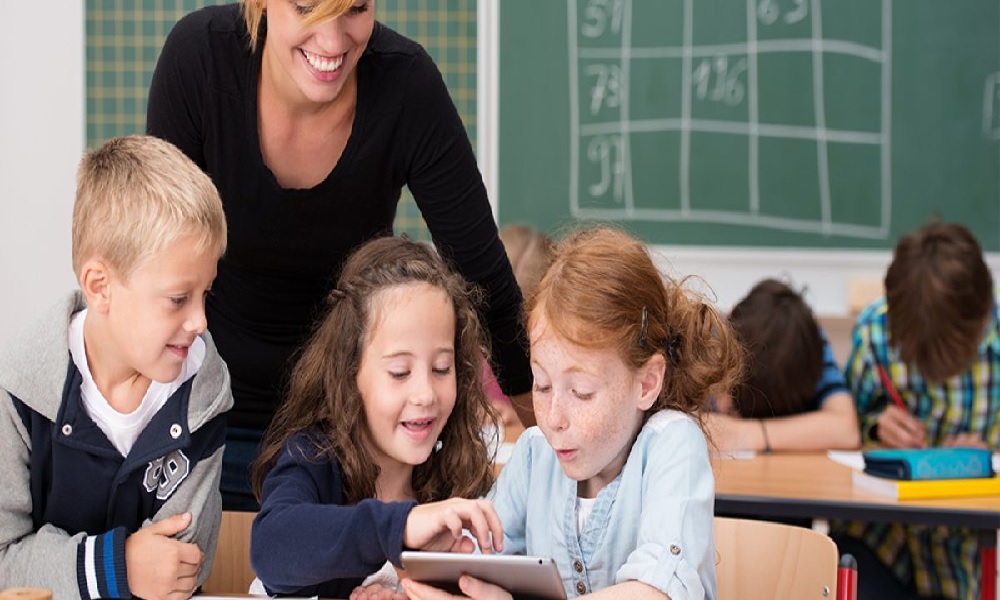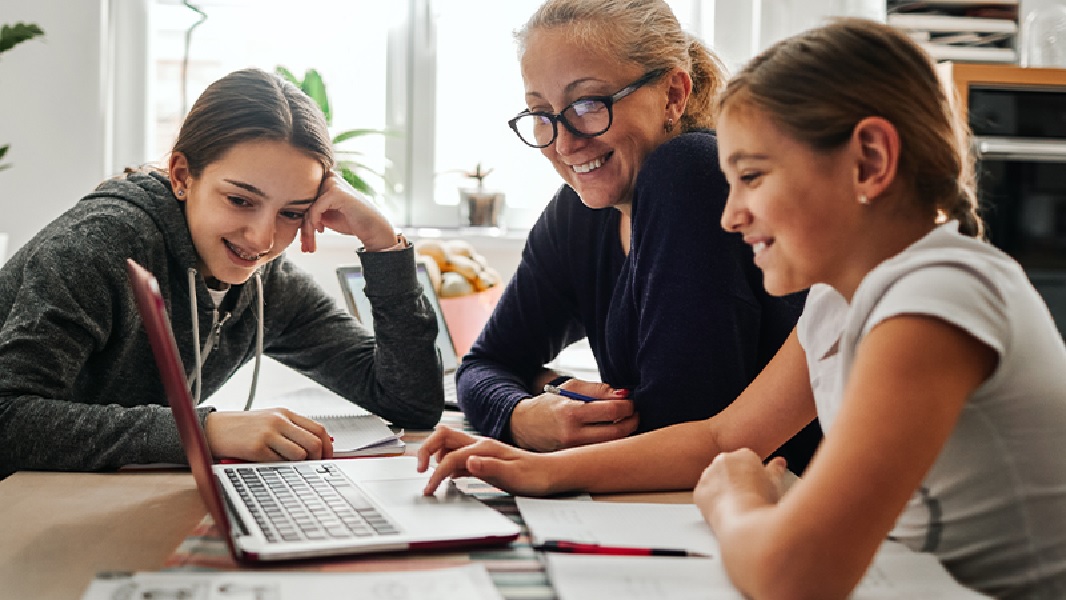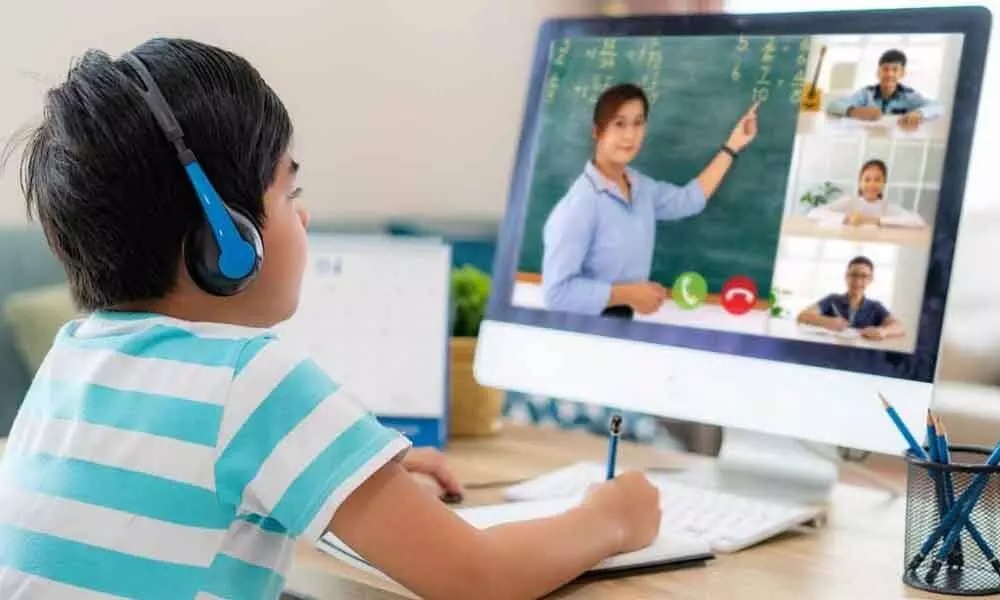Over the past few years, online education has gained immense popularity. With the advancement of technology, it has become easier for students to access educational materials and learn from the comfort of their homes. However, this shift towards online education has raised questions about its impact on traditional classroom teaching. In this article, we will explore the positive and negative impacts of online education on traditional classroom teaching.
Positive Impacts
- Flexibility and Convenience: Online education provides students with the flexibility to learn at their own pace and convenience. Students can access educational materials anytime, anywhere, and can study at their own pace. This has led to an increase in student engagement and motivation, as they are not bound by rigid schedules and can learn at their own pace.
- Increased Access to Education: Online education has made it easier for students in remote areas or those with physical disabilities to access education. It has also made education more accessible and affordable for students who cannot afford to attend traditional classroom teaching.
- Personalized Learning: Online education provides students with personalized learning experiences. Students can choose courses according to their interests and learning style, and can also interact with instructors and peers through online discussion forums and video conferencing.
Negative Impacts
- Lack of Face-to-Face Interaction: Online education lacks the face-to-face interaction that is an essential part of traditional classroom teaching. This can lead to a lack of socialization and interpersonal skills, which are important for personal and professional development.
- Technical Issues: Online education requires a reliable internet connection and access to technology. Technical issues can disrupt the learning process and create frustration for students, which can lead to a decrease in motivation and engagement.
- Less Effective for Hands-On Learning: Online education may not be as effective for hands-on learning, such as laboratory experiments or art classes. Hands-on learning requires physical interaction and supervision, which may not be possible in an online setting.
The impact of online education on traditional classroom teaching cannot be ignored. While online education provides students with flexibility, convenience, and personalized learning experiences, it also lacks the face-to-face interaction and hands-on learning opportunities that are essential for personal and professional development. Therefore, it is important for educators to strike a balance between online education and traditional classroom teaching, and to ensure that students receive a well-rounded education that prepares them for the real world.





